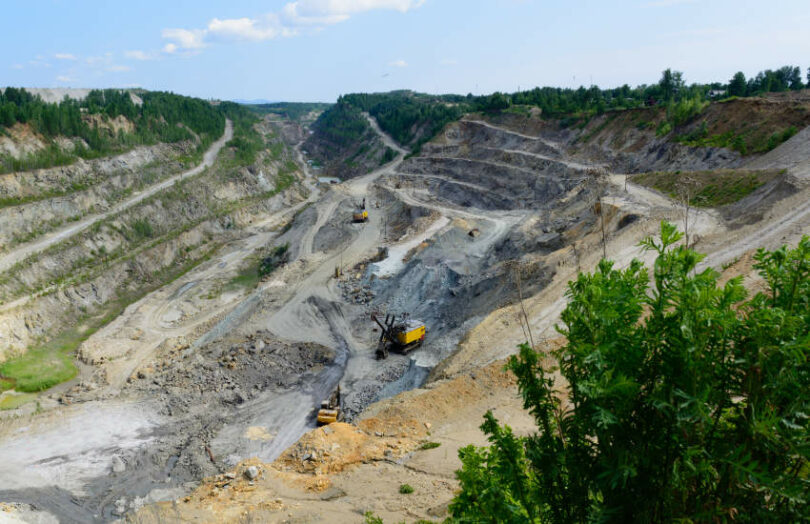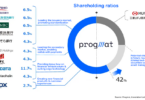Today Alfred H Knight, the inspection and accreditation company, announced it has joined the MaDiTraCe (Material and Digital Traceability for the Certification of Critical Raw Materials) project. Last year the EU awarded €11 million in Horizon funding to improve the transparency in sourcing critical raw materials throughout their supply chain. The output will be a digital product passport but the initiative also encompasses solutions relating to the materials.
The consortium which commenced in January includes 14 partners from 7 countries, led by BRGM (French Geological Survey) and includes EU-founded EIT Raw Materials and Spherity, a blockchain identity startup.
Many of these rare materials such as cobalt, lithium, natural graphite and rare earth elements are used in the development of rechargeable batteries and magnets. Alfred H Knight is helping the development of artificial fingerprinting technologies to be used in material passports.
“By assisting in the development of these revolutionary artificial fingerprinting solutions, we help to provide trust and verification of ESG sustainability claims through traceable responsible sourcing of critical raw materials,” said Aldwin Vogel, Alfred H Knight Regional General Manager – Northern Europe.
The company will lead a review of technologies used to artificially tag particles, in conjunction with the Geological Survey of Finland (GTK).
Meanwhile, Spherity describes itself as a digital identity company. Its blockchain-based solutions include digital product passports, and it recently partnered with another inspection firm, mining specialist RCS Global which has a battery passport solution. Several blockchain firms are involved in battery passports and MOBI created a decentralized standard.
MaDiTraCe is by no means the only critical raw materials project that uses blockchain. One of the participants, EIT Raw Materials, is involved in several. It started the Circular System for Assessing Rare Earth Sustainability (CSyARES), which includes blockchain startup Circularise. And another blockchain startup, Circulor, has worked on the traceability of these materials since its founding, including for the likes of Volvo.






